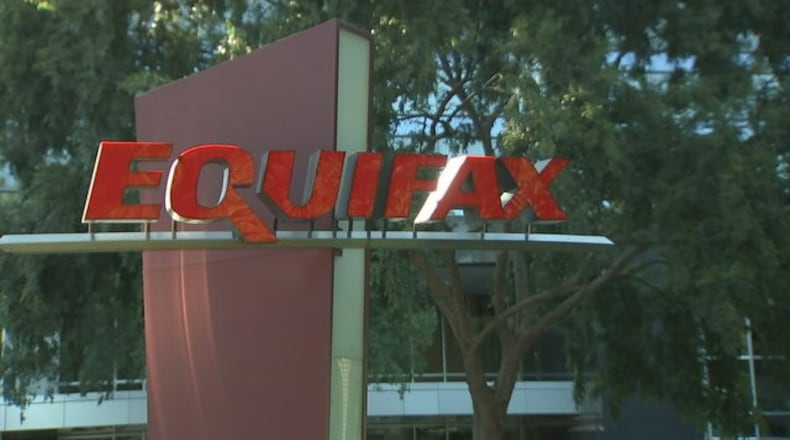The hacking of Atlanta-based credit reporting giant Equifax has revealed the patchwork nature of the nation's system of cybersecurity when it comes to protecting sensitive consumer data.
The breach, which exposed the Social Security numbers and other data of 143 million Americans, has also revealed how little protection and how few remedies consumers have in the wake of such a devastating attack.
Lobbying has much to do with the issue. The financial services industry and companies like Equifax wield tremendous power in Washington and in state houses around the nation.
Some consumer advocates want to see uniform protections across the country, which would require strong enforcement at the federal level.
Henry Turner, a Decatur attorney who has fought for consumers, said the Federal Trade Commission and the Consumer Finance Protection Bureau should be properly empowered to rein in credit reporting agencies.
“For years the credit bureaus, the oligopoly, have spent a fortune lobbying to prevent that from happening,” he said.
Disputes among privacy experts, bankers, retailers and consumer protection groups have created an impasse on Capitol Hill that’s left most comprehensive legislation on the back burner. In the meantime, rules for companies such as Equifax that make a business out of handling personal information have remained lax.
On the subscriber website MyAJC.com, a team of investigative reporters digs into why there are so few protections and what this means for consumers left so exposed by the Equifax breach.
Keep Reading
The Latest
Featured




